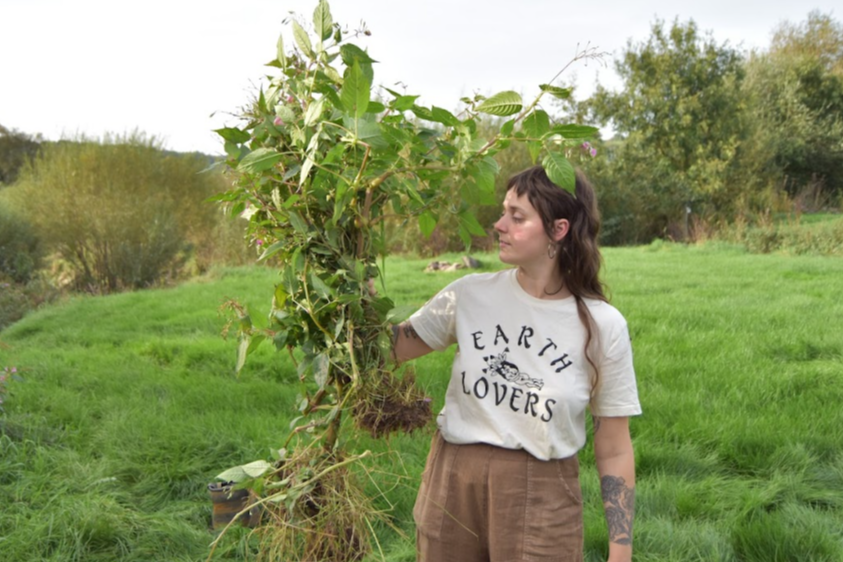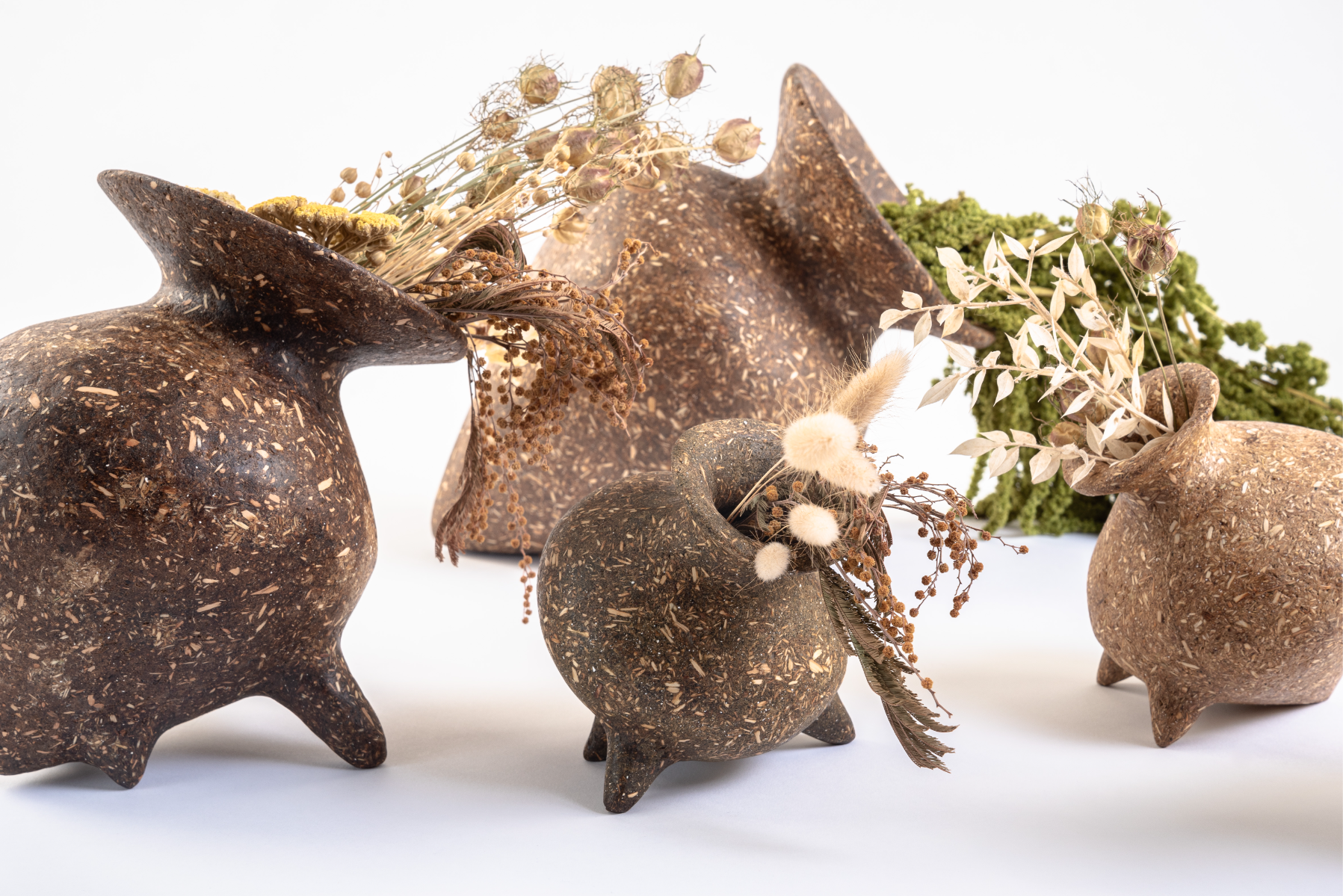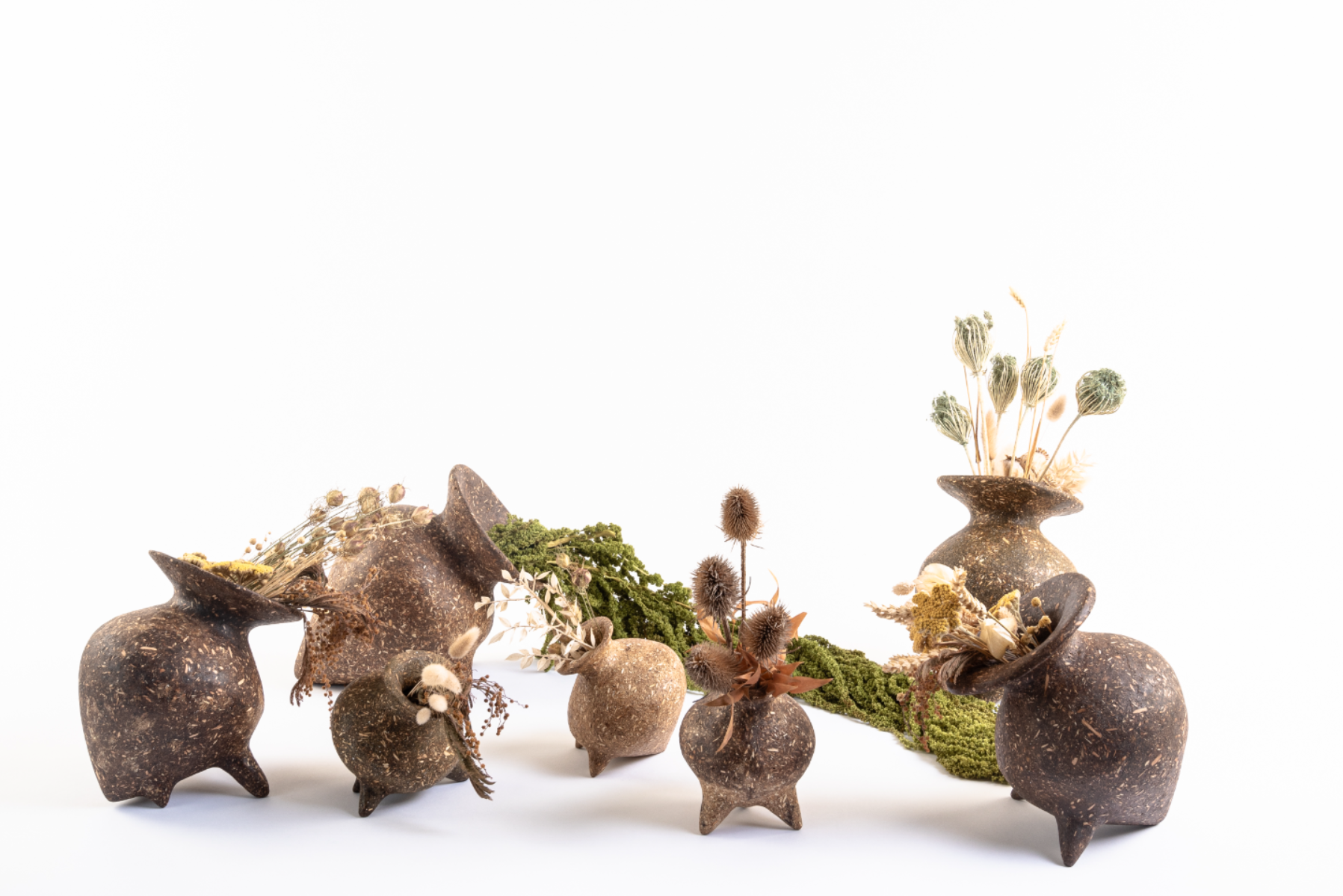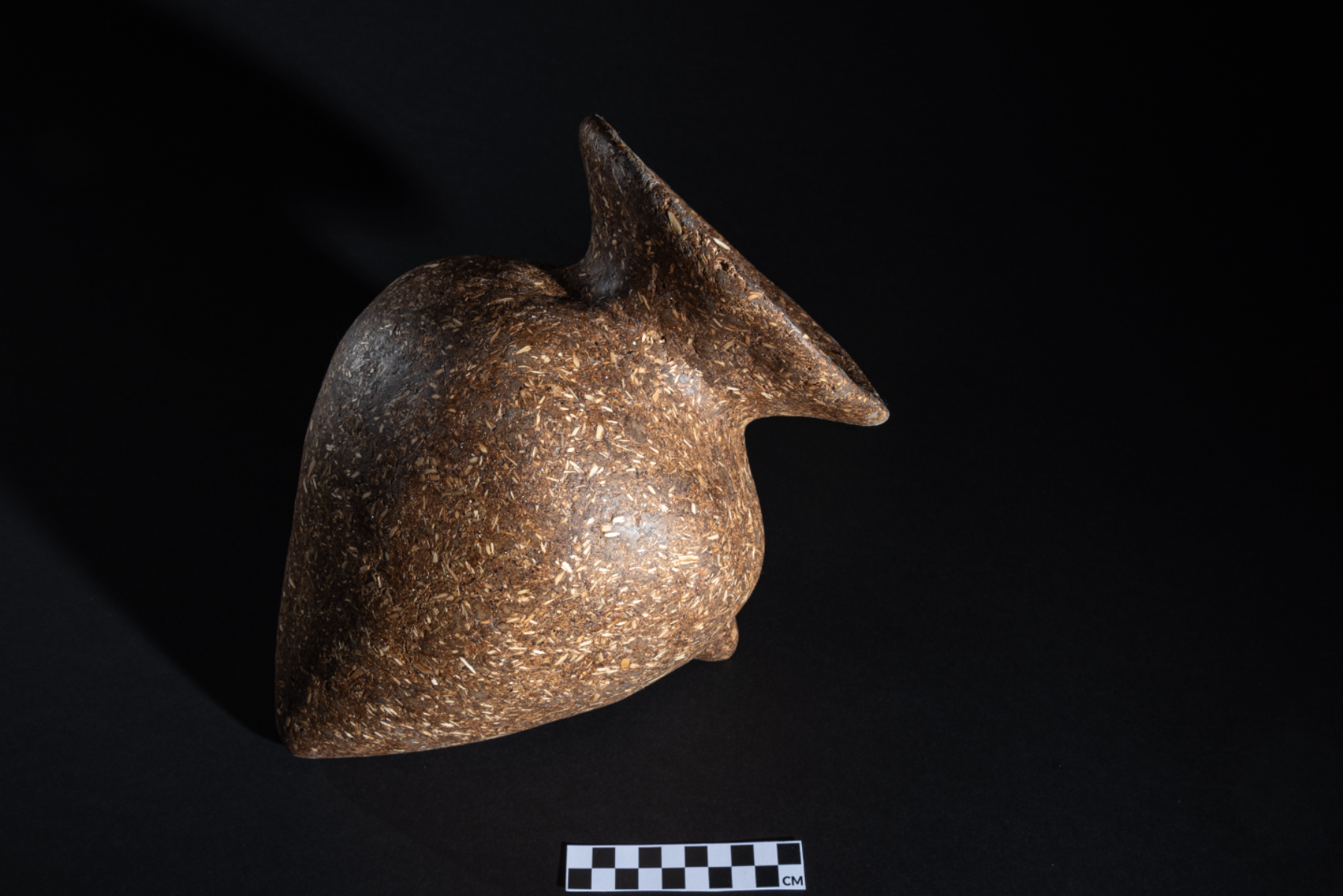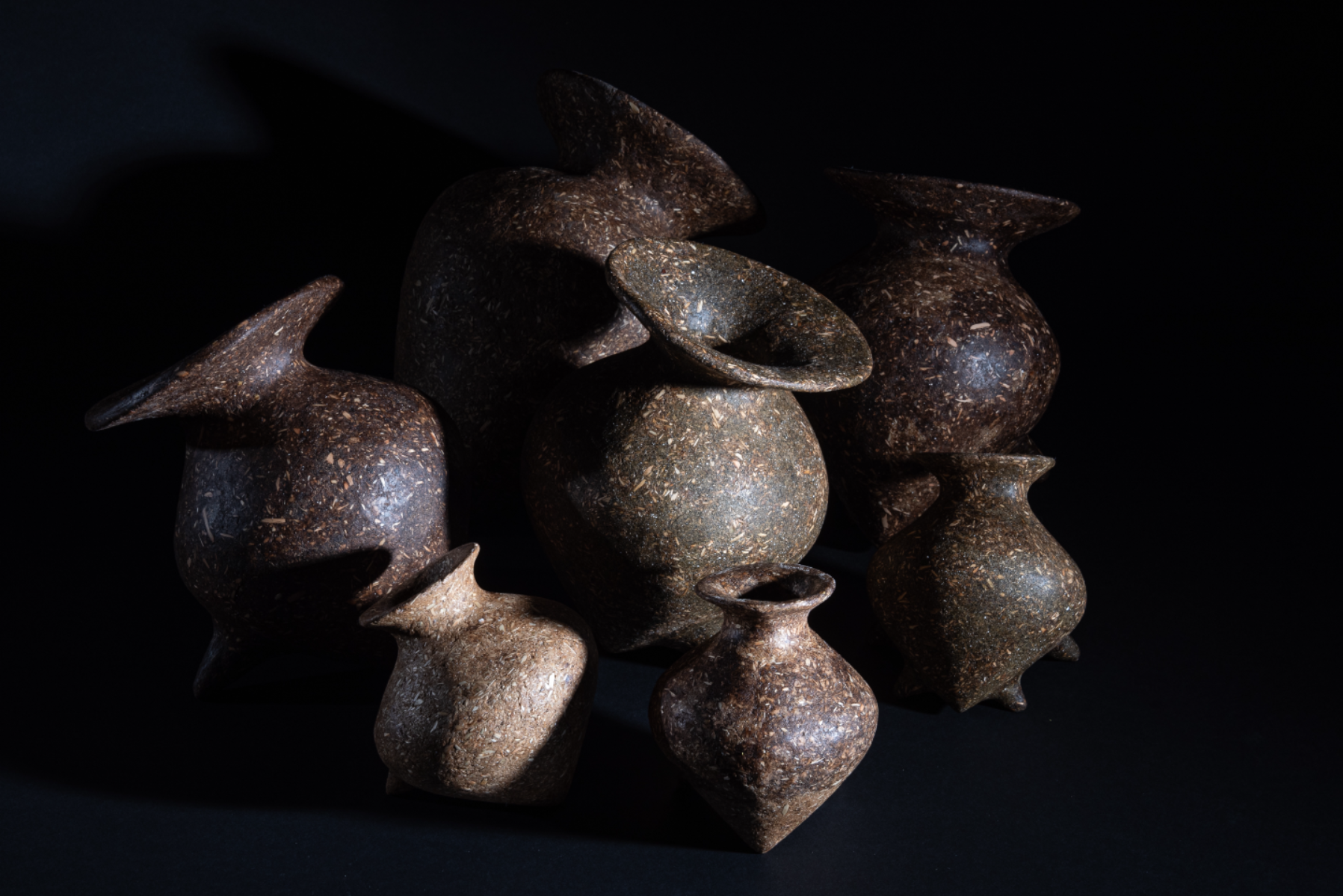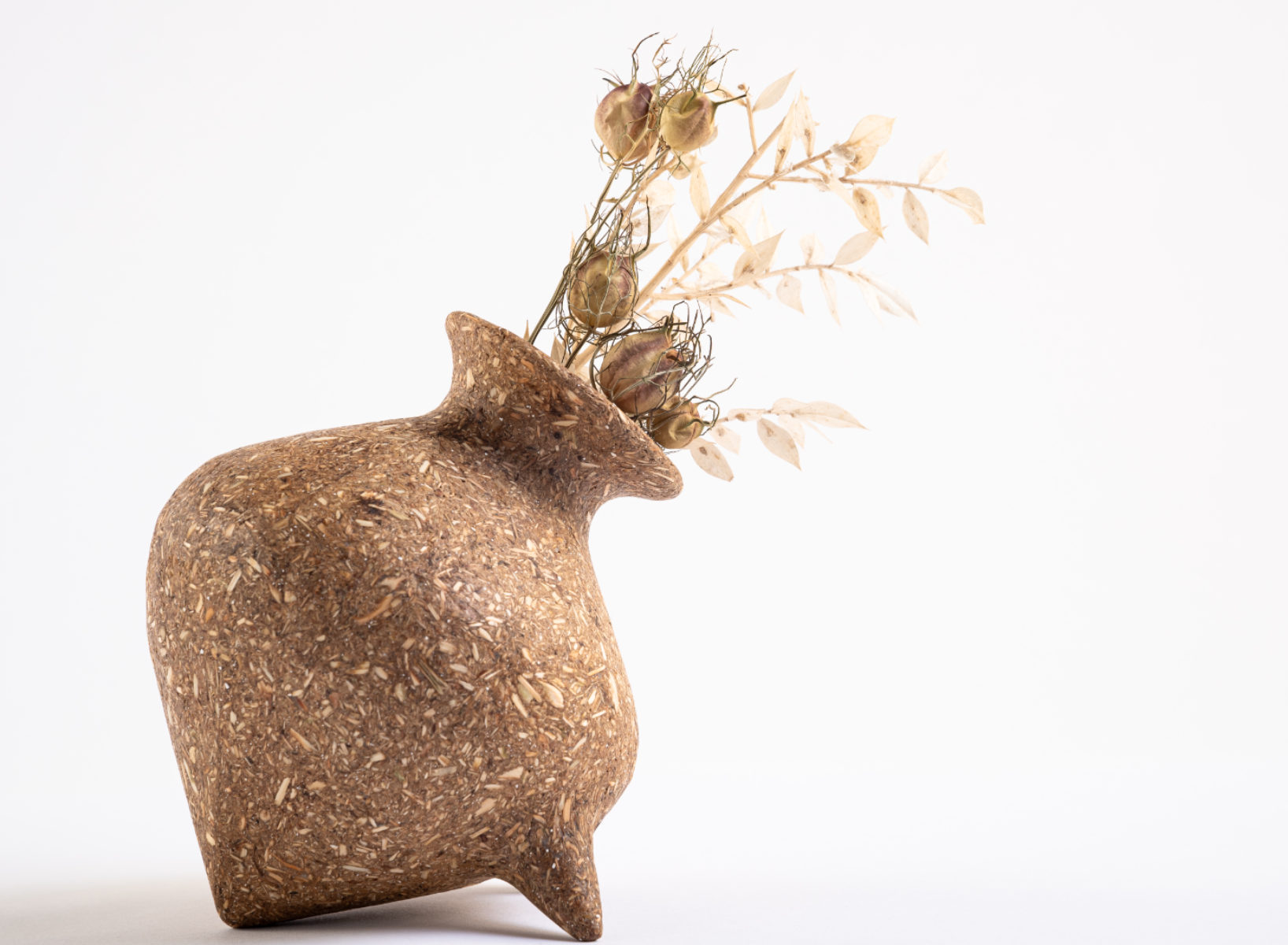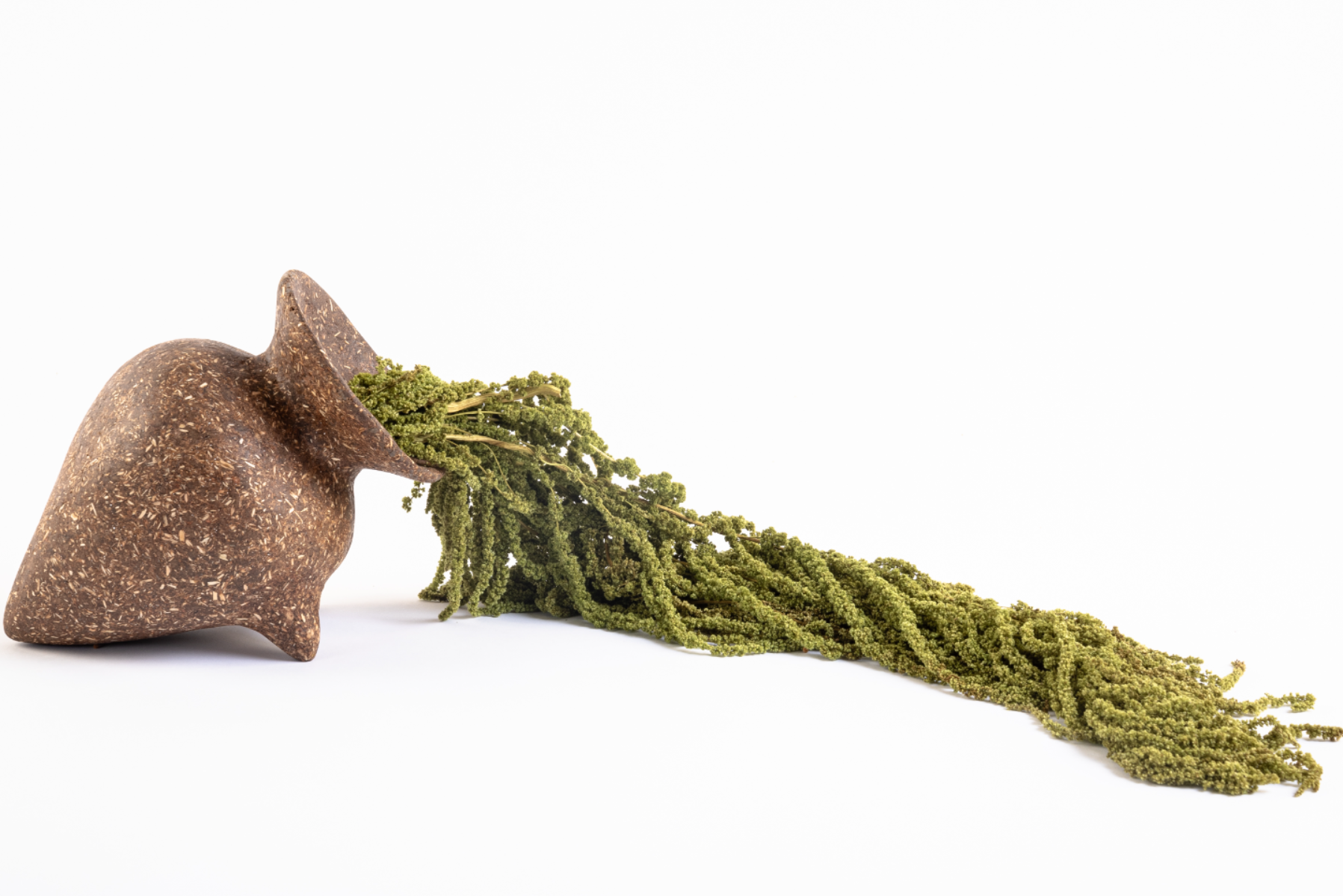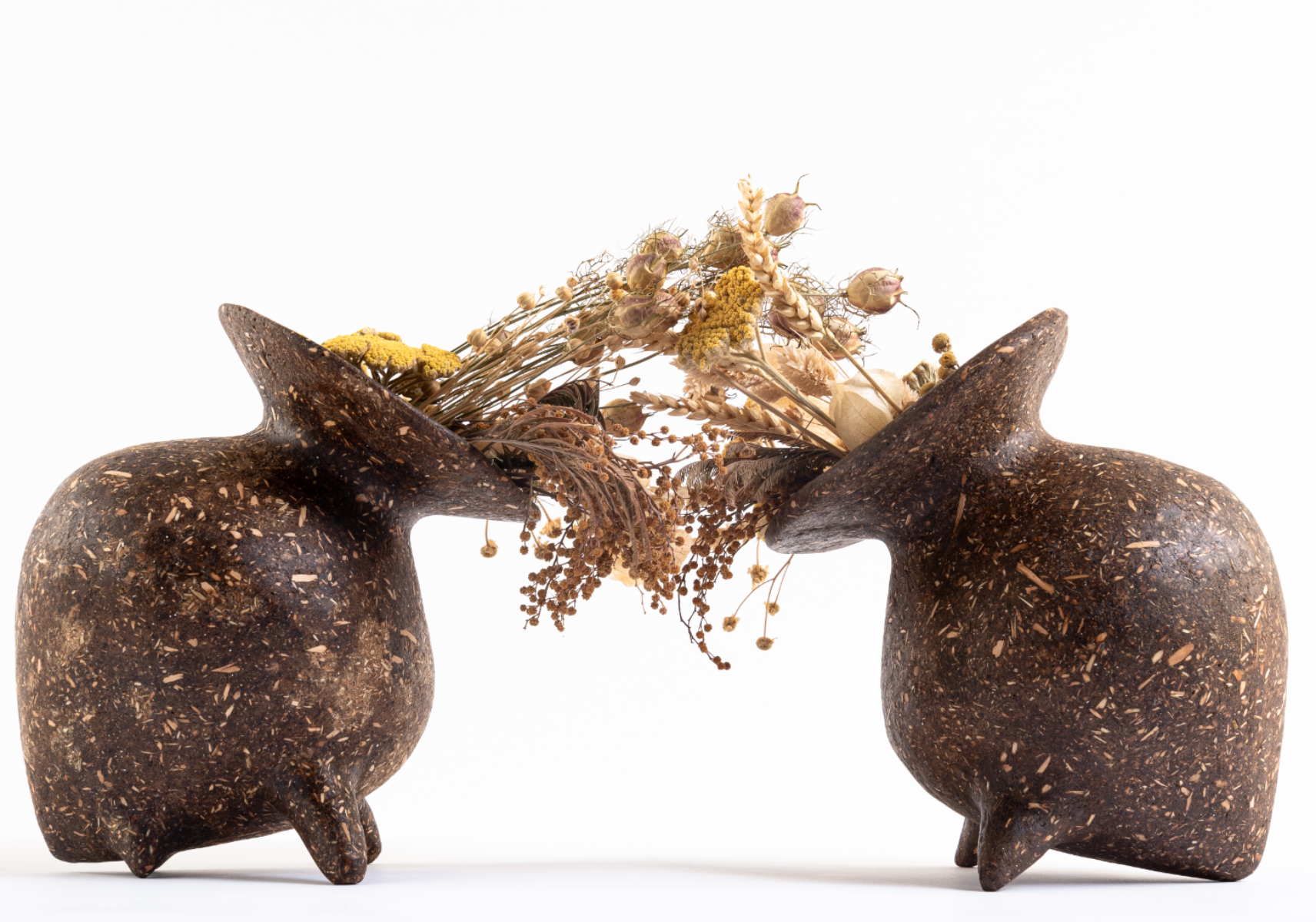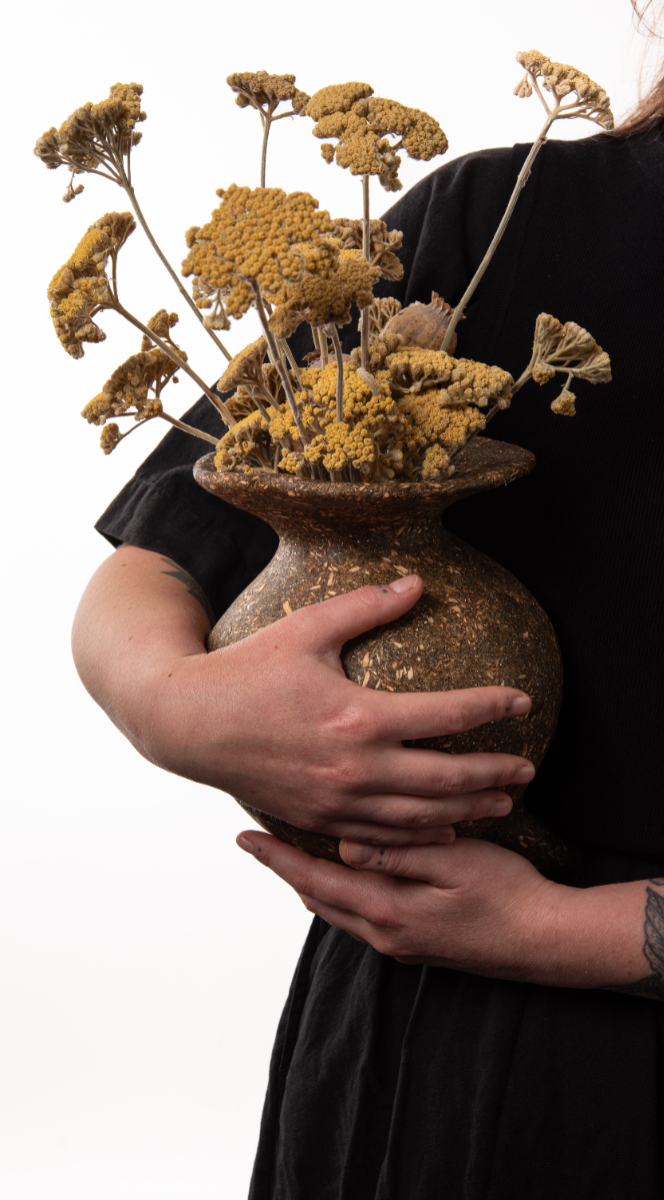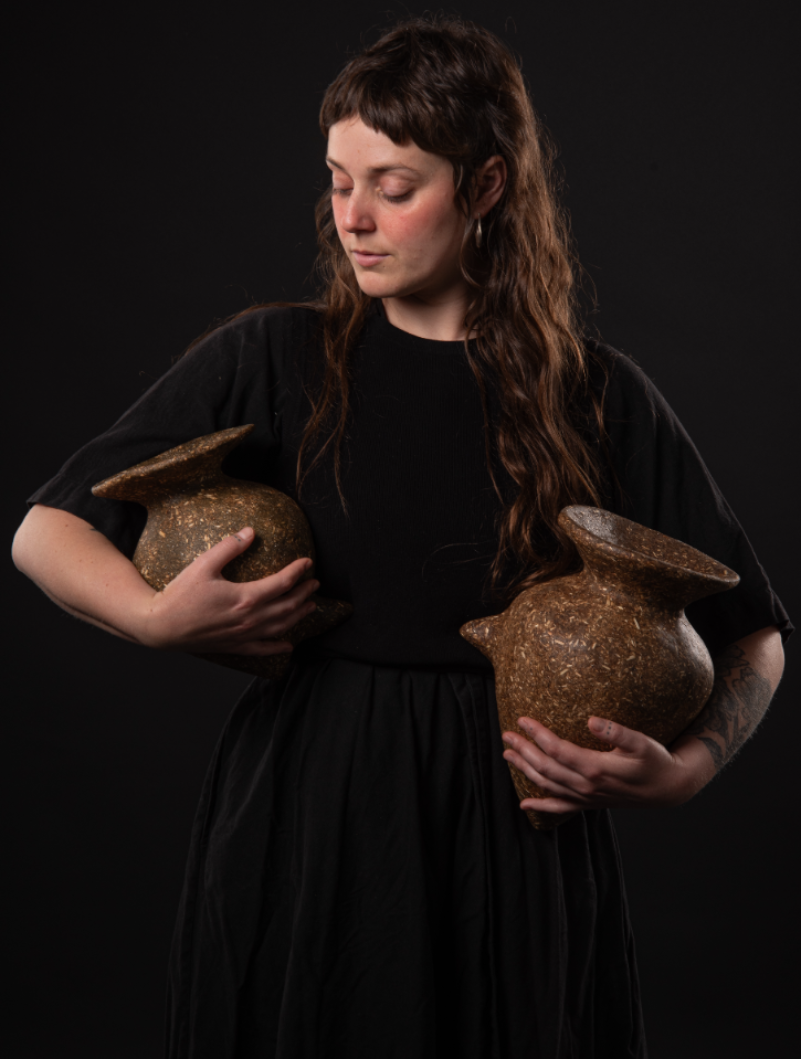Sophie Ferrier
Contemporary Design Crafts BA Hons
Hereford College of Arts
Specialisms: Contemporary Craft / Storytelling / Sustainable Design
Location: Hereford, United Kingdom
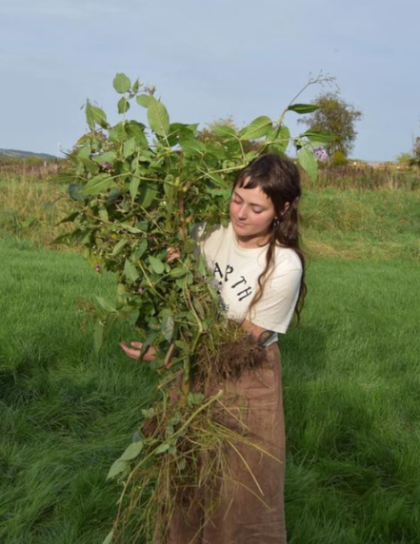
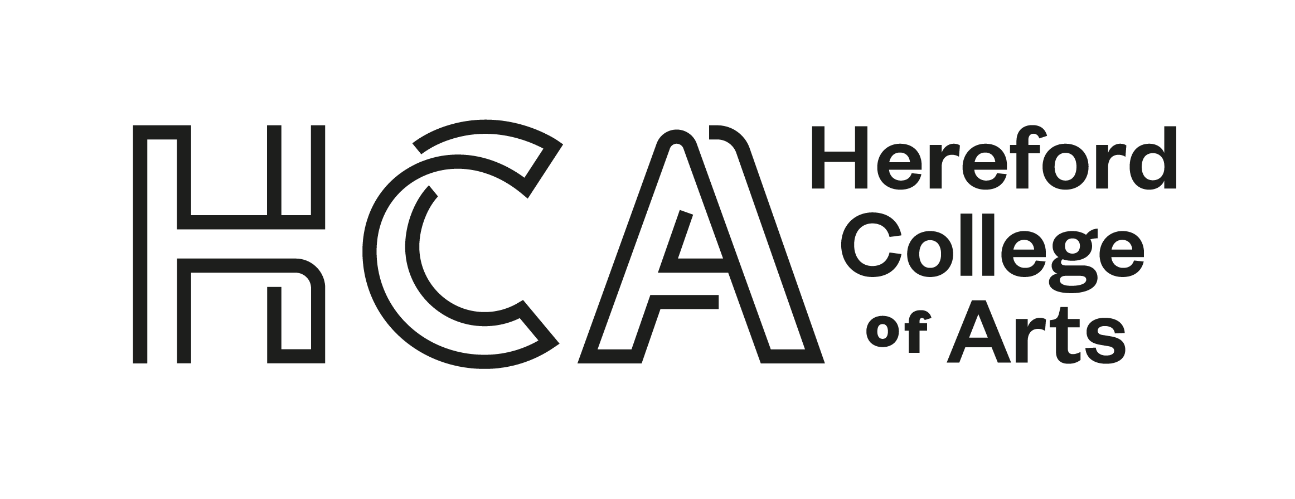
Sophie Ferrier

First Name: Sophie
Last Name: Ferrier
Specialisms: Contemporary Craft / Storytelling / Sustainable Design
Sectors:
My Location: Hereford, United Kingdom
University / College: Hereford College of Arts
Course / Program Title: Contemporary Design Crafts BA Hons
About
Facilitating meaningful engagement between ecological research and audiences through a material-centric craft approach, Sophie cultivates what she terms a land-based, ecologically restorative, and storytelling practice. Grounded in artistic inquiry, material exploration, and local contexts, her work emphasizes the significance of our personal connections to landscapes, while advocating for our role within intricate ecological systems.
Drawing from her education in Design, Craft, Permaculture, and Circular systems, Sophie has developed an interdisciplinary practice centered on biodegradable, restorative, and regenerative materiality. From repurposing food waste into nurturing living soil, and from managing non-native invasive species into sculptural expression, her work spans a spectrum of creative and ecological endeavours.The Urns of Restoration have been created from non-native, invasive plant species; Himalayan Balsam (Impatiens glandulifera), that need to be removed from our local environment. A beyond sustainable material. These urns are bound together with biodegradable binders, resulting in a material that exhibits the adaptability of clay when wet and the durability of wood when dry. This collection serves as a profound statement on materiality and underscores the importance of embracing circular systems. Symbolically, the urn represents death, yet it also embodies the ecological truth that nature knows no true demise—only the perpetual recycling of nutrients. As stewards of the Earth and artisans, we are called to embrace the principles of material recycling and reuse. The process underlying this practice is inherently ecologically restorative. By removing invasive plant species, we contribute to the restoration of our rivers, the reclamation of native biodiversity, and the rehabilitation of soil structures. Moreover, by repurposing organic matter, we ensure that nothing is wasted in this transformative journey
Competitions

